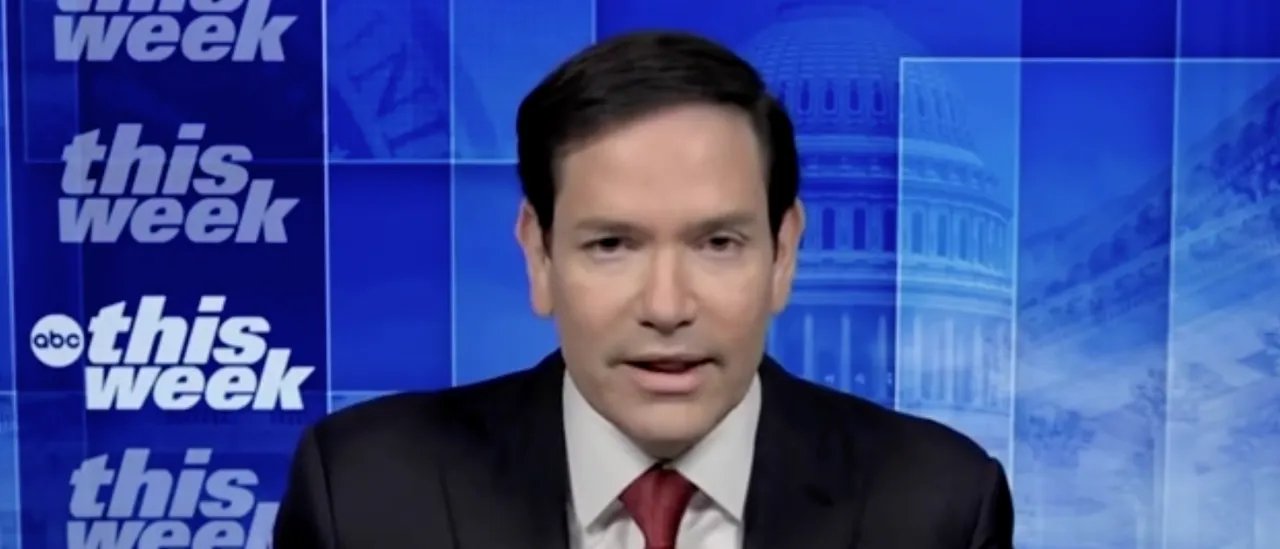Attorneys for the Alabama Medical Cannabis Commission and the plaintiff companies have until Jan. 19 to reach an agreement on limits to the judge's order allowing discovery in the case.
On Thursday, Montgomery County Circuit Court Judge James Anderson ordered that lawyers for both parties may reach an agreement on what discovery should be limited to in the case against AMCC. An agreement must be reached by Jan. 19, and if no agreement is reached, another public hearing will be held on Jan. 24 to resolve the issue.
However, given the discussions at Thursday's meeting, the chances of an agreement are potentially low. Anderson last week allowed the plaintiff companies to obtain depositions and seek discovery in the case. But AMCC's lawyers argued that while plaintiffs are not entitled to discovery, there should be limits to the discovery process even if the judge allows it.
Lawyers for AMCC said they received written discovery from the plaintiffs on Tuesday, which they called extensive and disturbing. Lawyers for the plaintiff companies say AMCC wants to limit discovery to issues related to the Open Meetings Act.
AMCC attorney Mark Wilkerson argued that the extensive discovery process could interfere with individual commissioners' mental processes when asked to explain voting decisions on company rankings and licensing. .
“We think it's inappropriate to be able to ask these people what they were thinking when they cast this vote,” Wilkerson said.
But Bragg Khanna attorney Ben Espy responded that the issue is exactly as Wilkerson described it, and that the plaintiffs need to understand why the commissioners made certain decisions. Espy said because the committee falls under the Open Meetings Act, there is no privilege in the deliberative process, and any attempt to block discovery could amount to an admission of illegality.
“There is no deliberative privilege that covers this,” Espy said. “This is an open meetings law institution and its deliberations are supposed to take place in public. As long as they are trying to protect deliberations, there must have been some deliberations in private and that is pretty much illegal. I don't know, because it's like admitting, but I think it's a huge waste of time to try to force us to do something that the committee itself didn't put much weight into in its last vote. to the investigative process that revealed it.”
AMCC's lawyers have also threatened to appeal Anderson's discretion in discovery orders to a higher court, a possibility that remains possible if the matter is not resolved in a manner agreed to by AMCC.
A preliminary injunction hearing has been scheduled for February 28 to allow time for discovery or for AMCC's attorneys to file a motion.







